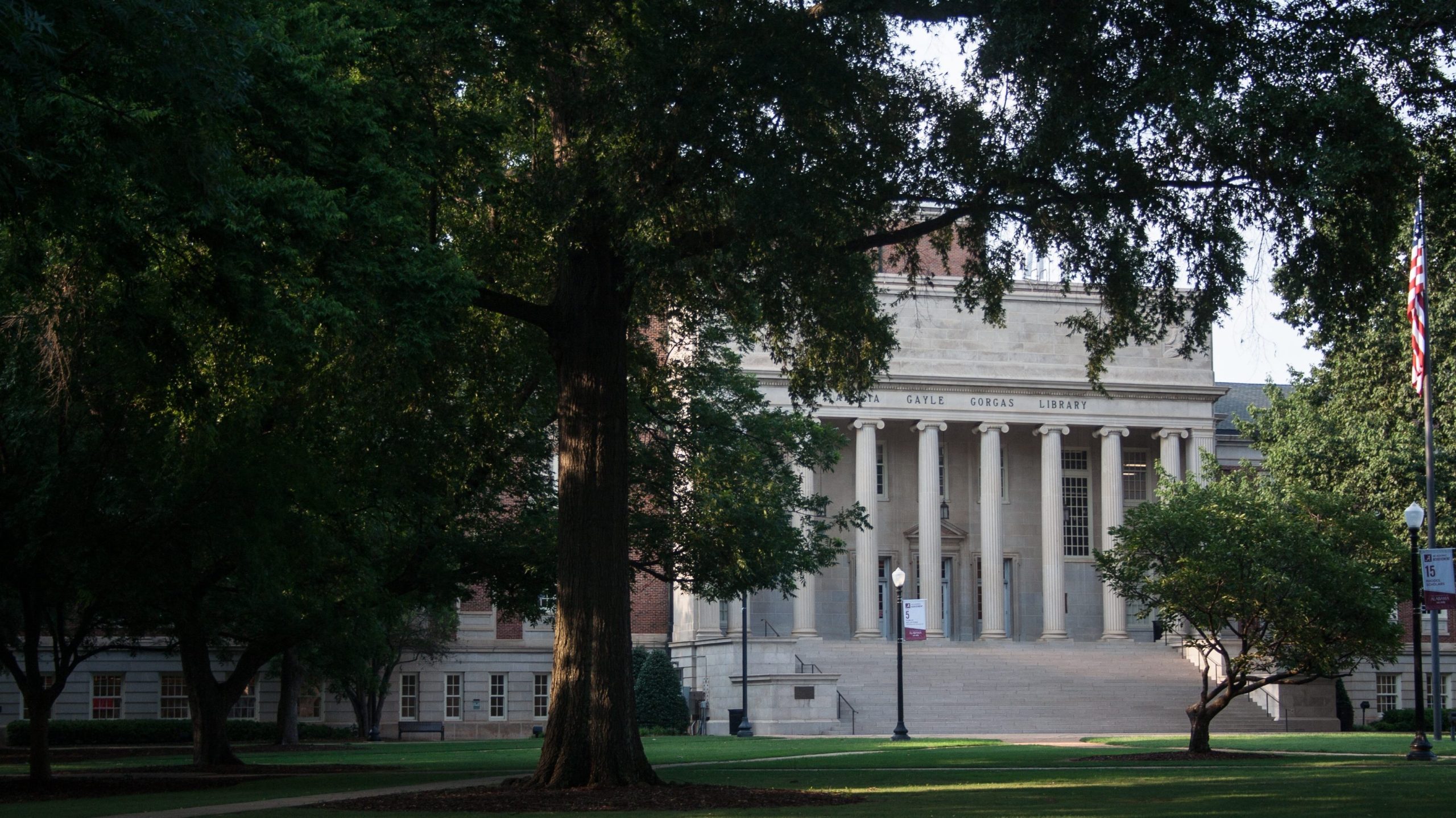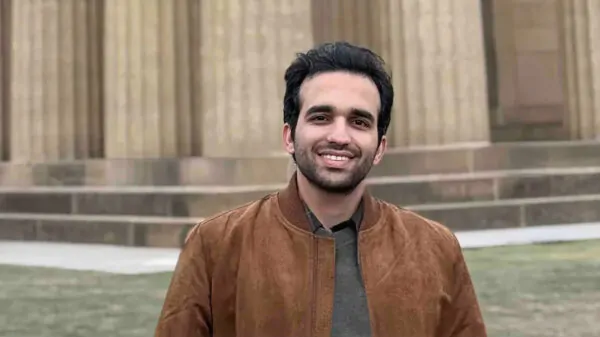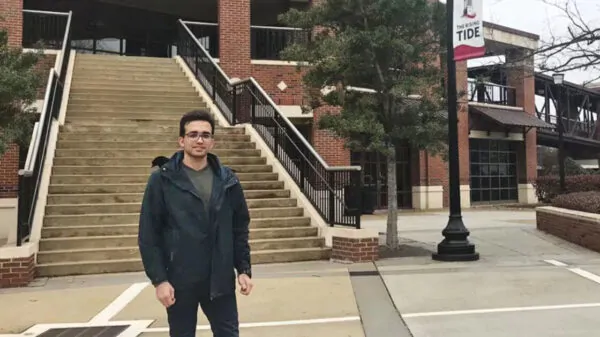The University of Alabama Systems last month announced the removal of three Confederate memorial plaques and the formation of a group to study the names of all buildings on all UA System campuses.
But that group consists of a group of trustees only, who are tasked with the work and charged with making the final decision which doesn’t sit well with the United Campus Workers of Alabama Local 3965, which on Friday asked that UA faculty, staff and students should be included in the process.
“Though we applaud the UA System’s commitment to removing painful reminders of racism on campus, we believe it can do better and move faster to remedy a situation that is long overdue,” the union chapter said in a press release Friday. “We believe that the expertise and critical perspective of UA staff, students, and faculty must be included in any future decisions about renaming buildings.”
The local union chapter in the press release made a list of demands, including:
- A) faculty, staff, and student representation from all three UA System campuses. We demand that faculty, staff, and students from each campus be appointed as full members on the Committee.
- B) complete transparency of committee business. As faculty, staff, graduate employees, and students, we are the people suffering the everyday violence of entering buildings named after and plaques glorifying slave owners, scientific racists, Confederate leaders, and segregationists. All meetings and deliberations must be open to the public and announced through system-wide press releases at least 48 hours before the meeting. All email or other communication dealing with the committee or committee business must be voluntarily provided to any person or organization that requests them without the submission of a formal FOIA request.
- C) public hearings/listening sessions. We demand the full committee host public hearings or listening sessions so that the voices of community members, faculty, staff, graduate employees, and students suffering the everyday violence of walking by or entering buildings named after and plaques glorifying slave owners, scientific racists, Confederate leaders, and segregationists are heard and placed in the public record.-MORE-
- D) committee recommendations be executed by January 15, 2021. We demand the Board of Trustees require the committee report be completed, published, and made publicly available via online PDF no later than October 1, 2020, with board approval and official name changes in place by the first day of spring 2021 classes.
The union noted that research on named UA buildings has already been done, indluding UA historian Hilary Green’s The Hallowed Grounds Project and Green’s Race, Memory, Identity project.
“Al Brophy’s foundation work, University, Court and Slave and other scholarly works have addressed these building namesakes as had James Sellers, several Crimson White journalists and other campus chroniclers. Faculty expertise will help make the committee’s work more efficient, if consulted,” the local union chapter states in the release.
UA Systems Board of Trustees President pro tem Ronald Gray appointed Trustees Judge John England, Jr., Barbara Humphrey, Vanessa Leonard, Harris Morrissette, Scott Phelps and Stan Starnes to the committee to review building names.
The announcement by UA Systems states that the final decision regarding recommendations by the committee “will be made by the full Board of Trustees at a public meeting, at a time to be announced.”


















































